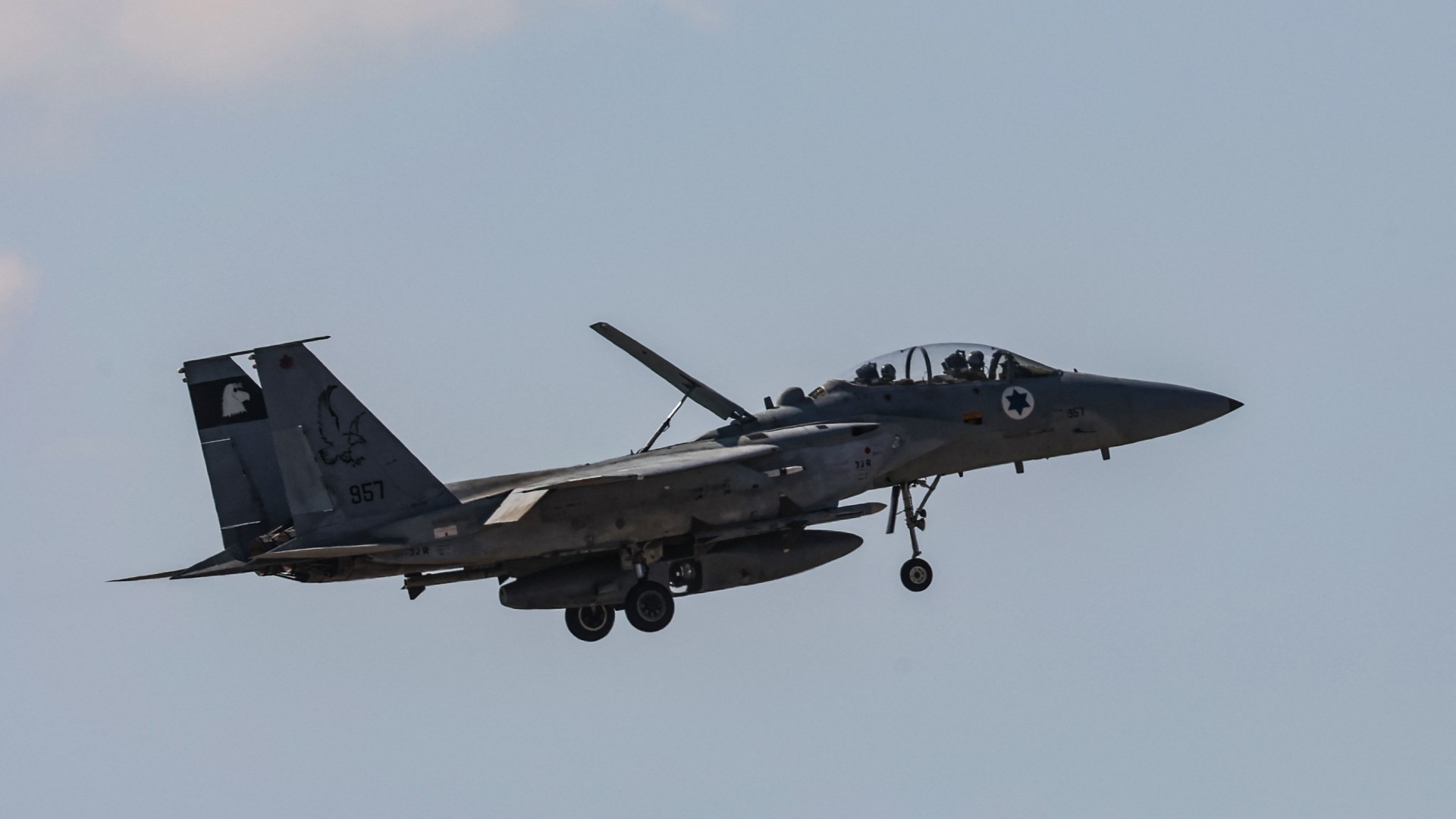As Israel continues to utilize Syrian airspace for strikes against Iranian targets, the new Syrian administration is enduring intense scrutiny for its silence and lack of condemnation regarding these violations. Citizens are increasingly urging the government to leverage its growing diplomatic ties to demand an end to these incursions.
For the fifth consecutive day, residents across Syria have been looking up with anxiety as Israeli fighter jets soar through the sky, often accompanied by the sounds of distant explosions, indicating that U.S. military equipment is intercepting Iranian drones and missiles.
Social media has been flooded with critical remarks regarding the hostilities between Israel and Iran, both seen as adversaries by many Syrian revolutionaries. However, on the ground, the situation is one of escalating worry, particularly in southern provinces close to the Israeli border, where fear is palpable.
Emad al-Basiri, an activist from Daraa province, highlighted the dangers that residents face, noting that debris from intercepted missiles and drones has regularly fallen into populated areas. “People are extremely tense,” Basiri explained, adding, “The explosions are terrifying. Drones crashing down have destroyed homes and caused agricultural fires.”
Israel’s offensive operations, ongoing since June 13, aim to dismantle Iranian military capabilities and have led to significant casualties, including high-profile losses in Iran’s military leadership and hundreds of civilian deaths. In a show of retaliation, Iran has launched drone and missile strikes against Israel, impacting urban areas like Tel Aviv and Haifa, resulting in numerous fatalities.
Syria’s position at the intersection of these two warring factions has turned the nation into a battleground for these reciprocal strikes. The danger is particularly pronounced in southern provinces like Quneitra and Daraa, near the Israeli-occupied Golan Heights, where Basiri noted, “There is ongoing fear from falling war remnants,” stressing the feeling of helplessness among civilians in light of their government’s silence.
Despite the escalating tensions, the Syrian government has yet to publicly condemn the airspace violations by either Israel or Iran. This lack of response starkly contrasts with neighboring Iraq, which has taken a formal stand by filing a complaint with the United Nations following similar incursions.
Fadel Abdul Ghany, director of the Syrian Network for Human Rights, asserted that it is imperative for the Syrian government to intensify its diplomatic efforts. He recommended that the government file a complaint with the UN Security Council, invoking Articles 35 and 51 of the UN Charter, which grant nations the authority to defend themselves and seek international intervention against such hostilities.
“The Syrian government must step up its diplomatic efforts,” Abdul Ghany emphasized. “It should oppose the militarization of its airspace, demand a humanitarian flight corridor, and assert its neutrality by rejecting the use of its skies for any hostile actions.”
Critics have deemed the government’s current response as “entirely inadequate.” Abdul Ghany remarked that a more collaborative approach with the Arab League and European Union is needed to monitor the conflict parties and protect Syria’s national interests.
Samar Abu Raslan, an architect from Sweida, echoed these sentiments, describing the government’s inaction as alarming. “Syria appears sick and powerless,” she shared, adding, “As a Syrian citizen, I want my skies, land, and water protected from all forms of aggression and violation.”
Lina, a journalist based in Damascus who requested anonymity, noted that the current government’s failure to even issue a minimal statement reflects its weakness. “The Syrian government doesn’t even issue statements about reserving the right to respond,” she pointed out, contrasting this with the more assertive rhetoric of the former Assad administration. She remarked that the silence of the new government indicates a troubling alignment in the conflict.
Attempts by Middle East Eye to obtain a response from the Syrian government went unanswered before the publication deadline.

